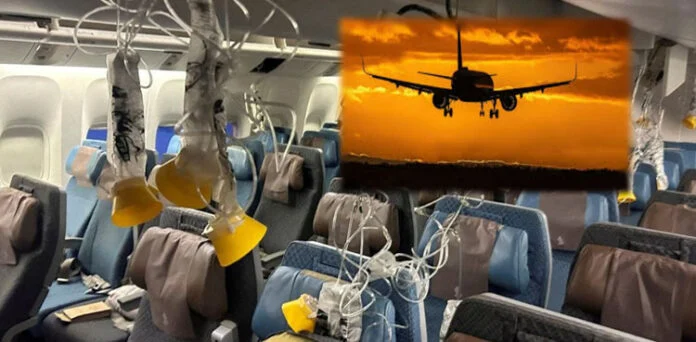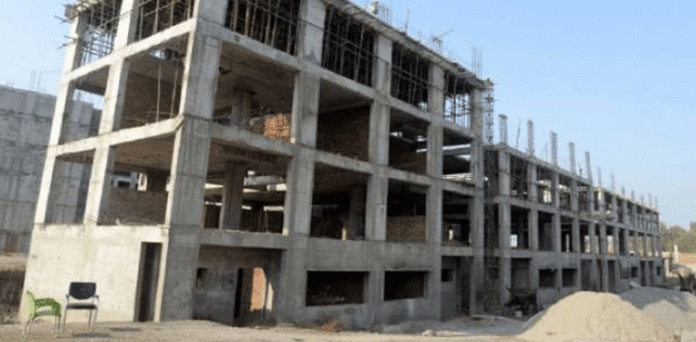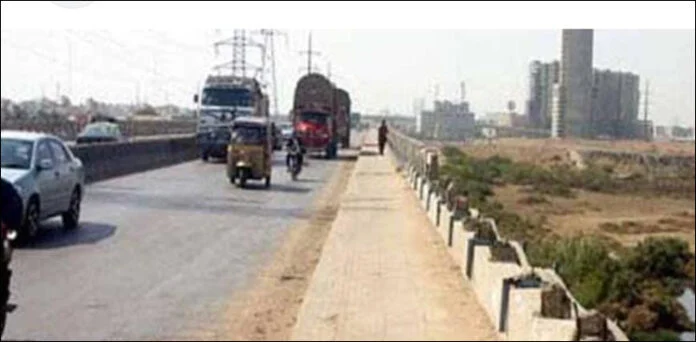
The United Kingdom is preparing a significant revision to its immigration system, with new visa rules that could impact international students and skilled workers, particularly from certain countries. The changes are expected to be outlined in the upcoming Immigration White Paper, set for release next week. Although not yet confirmed, the proposed measures have already sparked global interest due to their potential to affect thousands of applicants.
The UK government, working with the Home Office and the National Crime Agency, is developing predictive tools aimed at identifying visa applicants who are considered high risk. These models focus on patterns such as overstaying visas and submitting asylum claims after legally entering the country. The intention is to reduce overall migration, which recently reached 728,000 in a single year.
The proposed changes are likely to involve increased scrutiny of work and student visa applications. Individuals flagged as high risk by predictive fraud systems may be denied visas altogether. Additionally, there could be new limits on switching from temporary visas to asylum claims once inside the UK. These steps are intended to ease pressure on the asylum system, which has seen a rise in claims from people who originally entered on valid visas.
Applicants from Pakistan, Nigeria, and Sri Lanka are expected to be among those most affected, as these countries have seen a notable increase in the number of asylum applications from former students, workers, or visitors. Last year alone, 40,000 asylum claims were filed by individuals who had entered the UK legally—16,000 from former student visa holders, 11,500 from those on work visas, and 9,500 from short-term visitors. This trend has added financial strain to the UK’s asylum support infrastructure, including the rising use of hotel accommodations for asylum seekers.
For those considering study or work opportunities in the UK, especially from the affected regions, it’s important to be prepared for more rigorous checks. Applicants should expect stricter documentation requirements, potential delays in visa processing, and a higher chance of rejection, even with strong qualifications or offers. Furthermore, the option to apply for asylum after entering the UK on another visa may become much more limited.
While these policies have not been officially confirmed, they have been reported by multiple reputable news sources based on internal government discussions. Until the White Paper is formally published, the details remain speculative, but all signs point toward tighter immigration controls. Those planning to apply should stay updated and be ready to adapt to the upcoming changes.


















